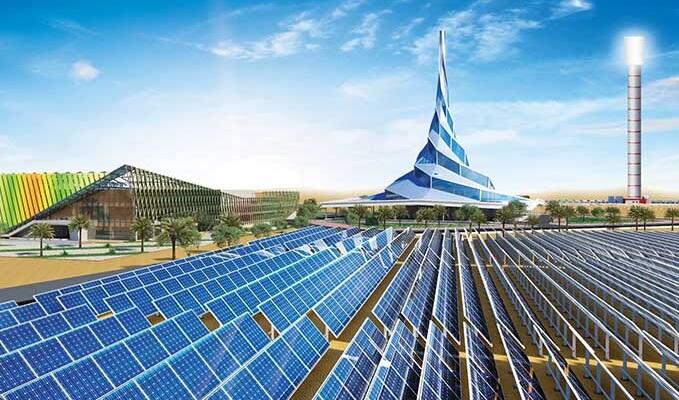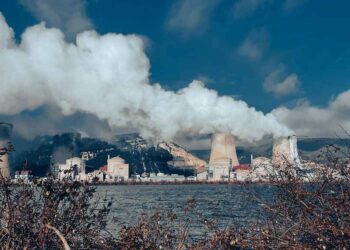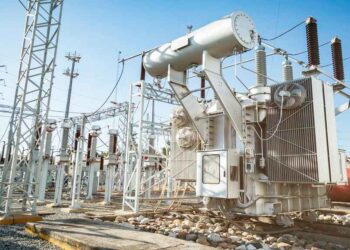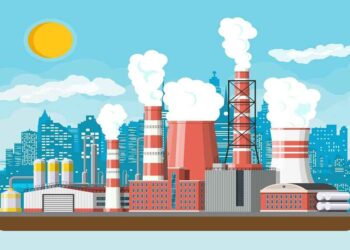Through its sustainability initiatives, Dubai Electricity and Water Authority (DEWA) was able to cut carbon emissions by 21% in 2021, exceeding the plan’s 16% objective by a staggering 31.25%.
These statistics were part of DEWA’s Ninth Sustainability Report 2021, which emphasised the agency’s accomplishments and efforts in promoting sustainable development across all facets of its operations. It serves as a primer on its sustainability practises for all partners, pertinent organizations, and stakeholders.
It demonstrates DEWA’s adherence to the ten principles of the United Nations Global Compact (UNGC), which include human rights, labour, the environment, and anti-corruption, and is based on the Global Reporting Initiative (GRI) standards. Additionally, it documents the company’s attempts to carry out initiatives despite the difficulties brought on by the COVID-19 pandemic and shows how far the company has come in achieving the United Nations’ 2030 Sustainable Development Goals.
DEWA’s annual sustainability report highlights their long-term commitment to attaining sustainability and complements His Highness Sheikh Mohammed bin Rashid Al Maktoum’s aspiration to strengthen Dubai’s position as a worldwide capital for a green economy, said Saeed Mohammed Al Tayer, MD & CEO of DEWA.
DEWA uses sustainable and integrated systems that allow the provision of value-added services that satisfy the needs of stakeholders and follow the best worldwide practices. This demonstrates how crucial sustainability is to DEWA’s strategy and how it serves as the foundation of all of its services and operations.
By implementing world-class projects, they support the Dubai Clean Energy Strategy 2050 as well as the Dubai Net Zero Carbon Emissions Strategy 2050 to produce all of the emirate’s electricity from clean energy sources.
Nine chapters make up the study, and each one details how DEWA operates with regards to climate change, environmental sustainability, energy, water, employees, consumers, society, and the ecosystem.







































